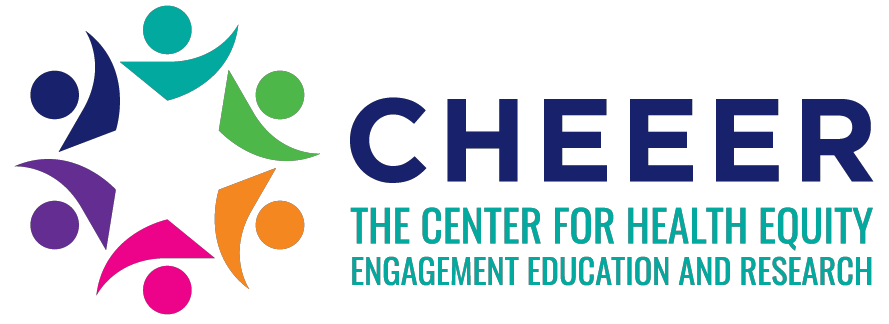By Joshua Beltran, Research Assistant, Center for Health Equity Engagement Education and Research

A recent article from National Public Radio’s health news site, Shots, indicates there is very little information available at any level about many medical issues that are associated with a person’s ancestry. These gaps exist, the article said, because of a lack of diversity in genetics databases used by researchers and physicians. In fact, many people are lumped into genetic categories that may or may not apply to them, which can affect how they are diagnosed and treated for certain medical conditions. This resonated with me on a personal level because of my own multi-cultural background.
I would like to know the true level of risk for me regarding certain diseases and how my genetics influence that–not be lumped in with another group or have incorrect data applied to me. It is not fair to use a generalized template when it comes to assessing genetic heritage’s influence on disease risk. Health disparities seem inevitable if one group have a plethora of genetic heritage data that can be used to assess disease risk and apply treatment, and on another group there is a minimal or a misinterpreted amount of data. Below are some key excerpts that had an impact on me.
-
“These factual gaps exist because much of the research used to understand these genetic tests and lab values comes from predominantly European populations.”
- “The biobank has been a boon to scientists who want to identify the genes that are involved in disease. Genes are universal. But the ethnically skewed resource doesn’t work as well to identify the genetic variants that differ based on ancestry.”
-
“The same genes and proteins are involved in diseases such as diabetes, but the variants that can affect a person’s risk of disease differ based on a person’s genetic heritage.”

